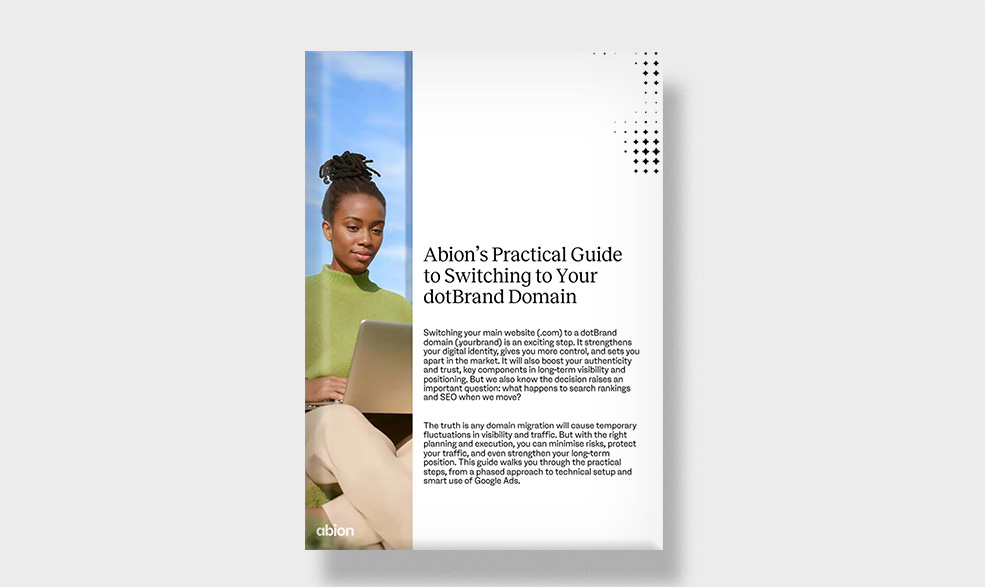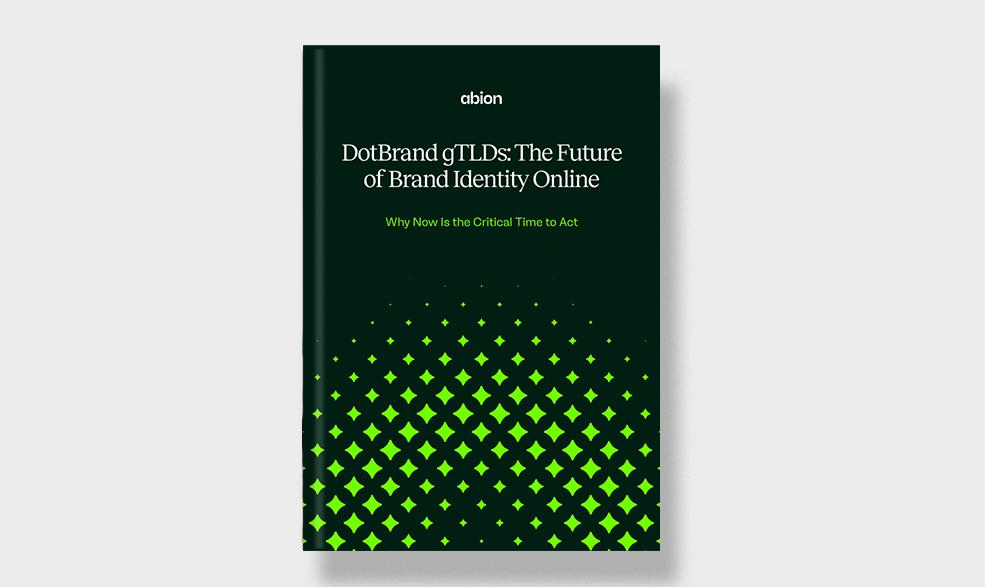Protecting Intellectual Property at Major Sporting Events: A Comprehensive Guide
- IP & Trademarks
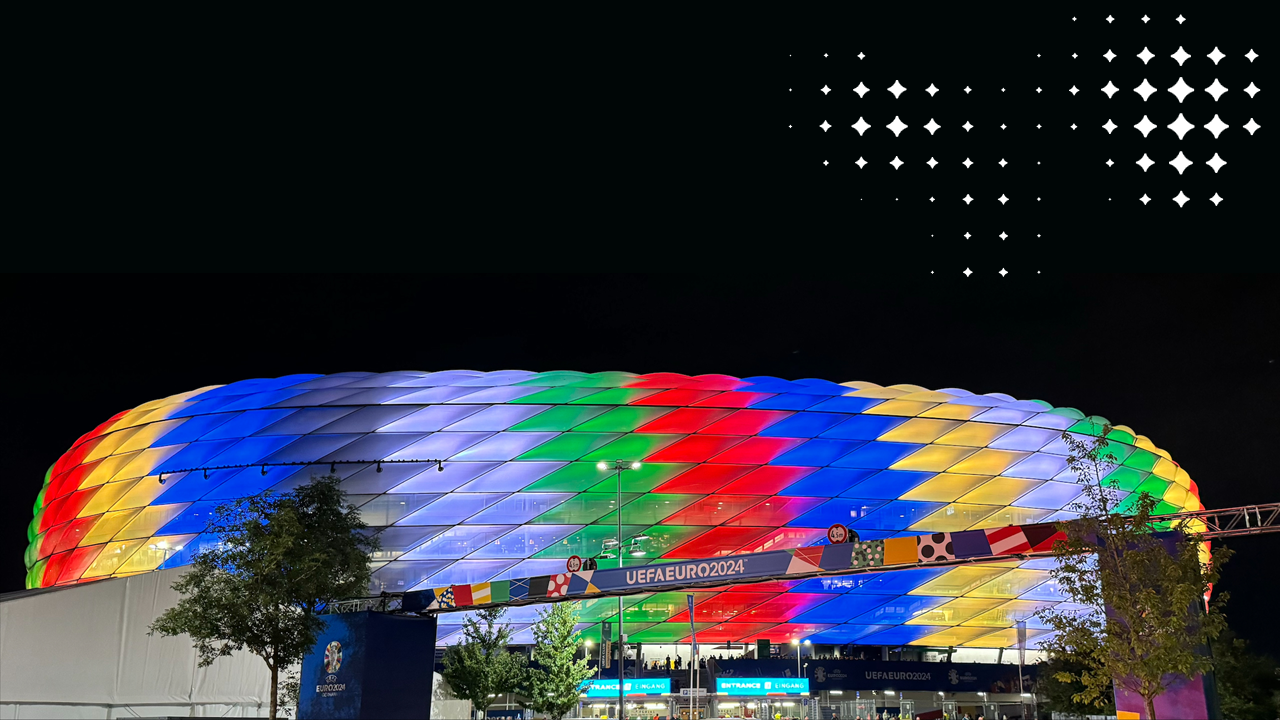
Major sporting events like this summer’s EURO 2024 and the Olympics are more than just thrilling competitions—they’re global platforms that showcase brands, generate billions in revenue, and create immense visibility for athletes and sponsors alike. With so much at stake, protecting intellectual property (IP) becomes essential for event organisers, sponsors, and athletes.
Why Intellectual Property Matters
From trade marks to ambush marketing, IP rights help maintain exclusivity, safeguard investments, and prevent unauthorised commercial exploitation.
In this guide, we have summarised some key points to consider when navigating and protecting IP at major sporting events.
1. Pre-Event IP Protection Strategies
Long before the first whistle blows, major event organisers seek extensive registrations of their IP (e.g., trade marks, figurative marks, design rights, and more) to protect the integrity and exclusivity of their competitions and commercial programmes. For example, UEFA secured rights for logos, emblems, mascots, and city pictograms for EURO 2024 back in 2012! Early IP registration is essential and serves several key purposes:
- Preventing Pre-Emptive Registrations: This stops third parties from claiming IP rights to crucial elements like logos and slogans.
- Deterring Infringement: Publicising these protections discourages ambush marketing and the production of counterfeit merchandise.
- Revenue Generation: Licenses for official IP help generate sponsorship revenue, supporting the event's financial success.
- Brand Control: Organisations can maintain consistent messaging, ensuring their event is portrayed as intended.
- Counterfeit Prevention: Trade marked logos and designs enable customs to seize unauthorised goods.
2. Ambush Marketing: Clever or Illicit?
Ambush marketing is a frequent challenge for IP management at major sporting events. Brands not officially affiliated with an event may try to associate themselves with it, blurring the line between creativity and infringement. Notable examples from this summer’s games include:
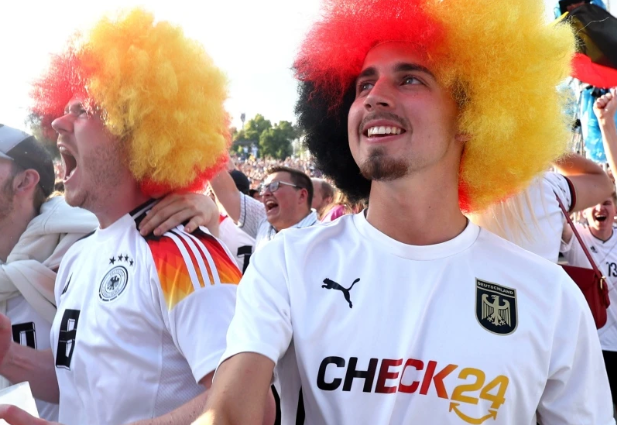
- CHECK24’s Euro 2024 Campaign: By distributing jerseys featuring national symbols, CHECK24 avoided using official UEFA IP while gaining significant visibility. This form of legal ambush marketing can be highly effective.
- PRIME Energy Drink at Paris 2024: PRIME used Olympic-related terms on the packaging, which led to legal action from the US Olympic Committee for unauthorised IP use. This shows the fine line between legal and illicit ambush marketing.
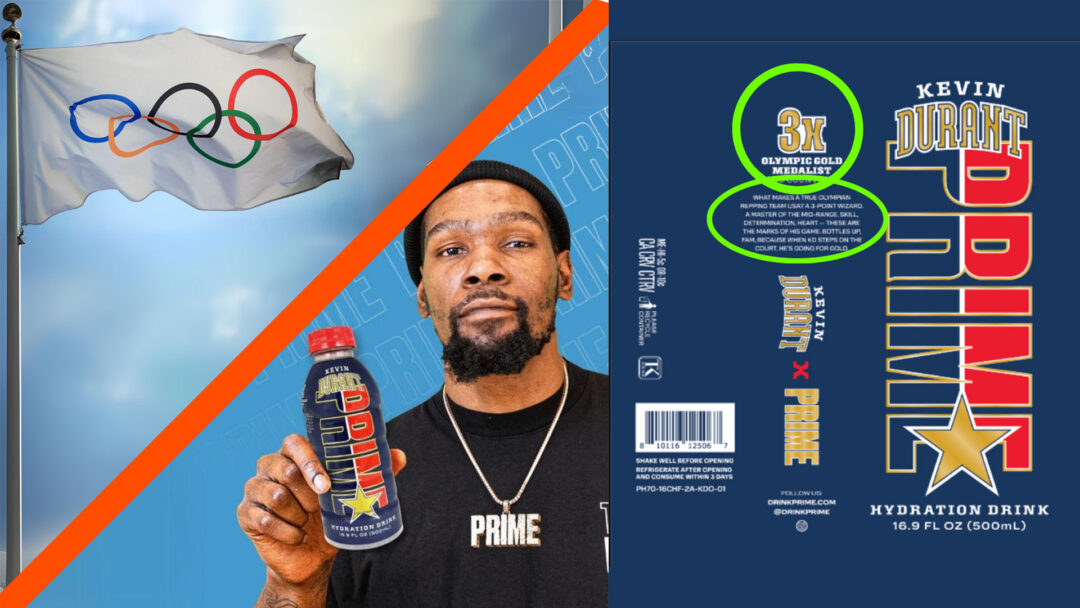
Event organisers and sponsors must carefully navigate ambush marketing and, where possible, implement stricter legislation, as seen with the Paris 2024 regulations.
3. Athletes as Personal Brands
Athletes are increasingly taking control of their brand identity by registering trade marks for their names, phrases, and even signature celebrations. For instance, Cristiano Ronaldo's “CR7" brand and Kylian Mbappé's pose have been trade marked. This trend shows that:
- Athletes can capitalise on their public personas and control how their image is used.
- Protecting celebratory gestures, poses and phrases opens new areas for trade mark registration, though it also raises complex legal questions about what can be protected.
4. The Importance of Online Brand Protection
In today’s digital world, protecting online assets is just as important as securing trade marks. A strong online brand protection strategy, which includes domain name registration, helps prevent confusion and preserves brand integrity. For example, BYD, a well-known Chinese manufacturer of electric vehicles, was one of the official sponsors Euro 2024. Like all the other main sponsors, BYD has invested substantial sums to showcase its brand during the tournament in Germany and beyond. However, when curious fans looked for the company online, (most likely using the German country code top-level domain (.DE)), they were left a little confused when no electric cars were shown, but something a bit more "adult"!
Sometimes the relationship and value between a company’s trade marks and its registered domains can be overlooked as they are often handled by separate departments. If a company has not strategically mapped out their trade marks per region to what brand domain names they have registered, it is easy to understand how a situation like this can occur. Such oversight can lead to critical gaps in protection.
This example underscores two key aspects of a 360-degree IP strategy:
- Include domains (and social media handles) right from the start.
- Work with a company that specialises in trade marks, domains, brand protection, and web security to ensure your protection is truly full circle.
5. Navigating Changing Legal Frameworks
With the growing complexity of IP management in sports, a robust legal framework regulating ambush marketing and protecting IP rights is essential. It is a fast-moving world where regulations continue to evolve. Below we have outlined some of the most notable changes in recent times:
Legal Measures in France Prior to the Olympic 2024 Games
- France enacted a law in 2018 to establish a legal framework for the Olympics and Paralympics, which included a noteworthy aspect allowing sponsors to advertise in areas usually off-limits, like historical monuments.
- The legislation was modified in 2023 to trial AI biometric video surveillance to detect abnormal events or human behaviour during large-scale events, raising privacy concerns from groups like Amnesty International.
International Agreements
- Nairobi Treaty (1981): Protects the Olympic symbol from unauthorised commercial use.
- IOC and WIPO Agreement (2023): Enhances IP protection for Olympic symbols and related IP.
Changes to Rule 40: Post Tokyo 2020
Rule 40 allows athletes to engage in personal sponsorships and advertising with non-Olympic partners during the Games with restrictions:
- No use of Olympic symbols.
- Adherence to general advertising rules.
- Campaigns must be planned at least 90 days before the blackout period.
- Athletes can thank non-Olympic sponsors within specific limits on social media.
Understanding these rules is vital for sponsors and athletes to respect the rights of official sponsors while navigating the evolving regulatory landscape.
Key takeaways
Protect Your IP Early
- Register trade marks, logos, and designs well in advance.
- Maintain a clear strategy to prevent pre-emptive registrations.
Be Aware of Ambush Marketing
- Clever campaigns like CHECK24 can leverage national pride without breaking IP laws.
- Know the legal boundaries and risks of associating with events without official sponsorship.
Athletes as Brands
- Trademark your name, phrases, and signature moves.
- Explore emerging areas like motion marks and gestures for legal protection.
Secure Your Digital Presence
- Don’t overlook domain names and social media handles.
- Ensure your online assets align with your broader IP strategy.
Keep Up with Legal Updates
- Regulations evolve, as seen with Rule 40 at Paris 2024.
- Understand the changing landscape to navigate sponsorships and ambush marketing effectively.

Images
EURO 2024
Frankfurter Allgemeine Zeitung GmbH / Whoop
International Olympic Association (IOC)
IOC / PRIME Hydration
Contact us!
Do you want to ensure your IP is protected at sporting events? Get in touch, and we'll assist you.

